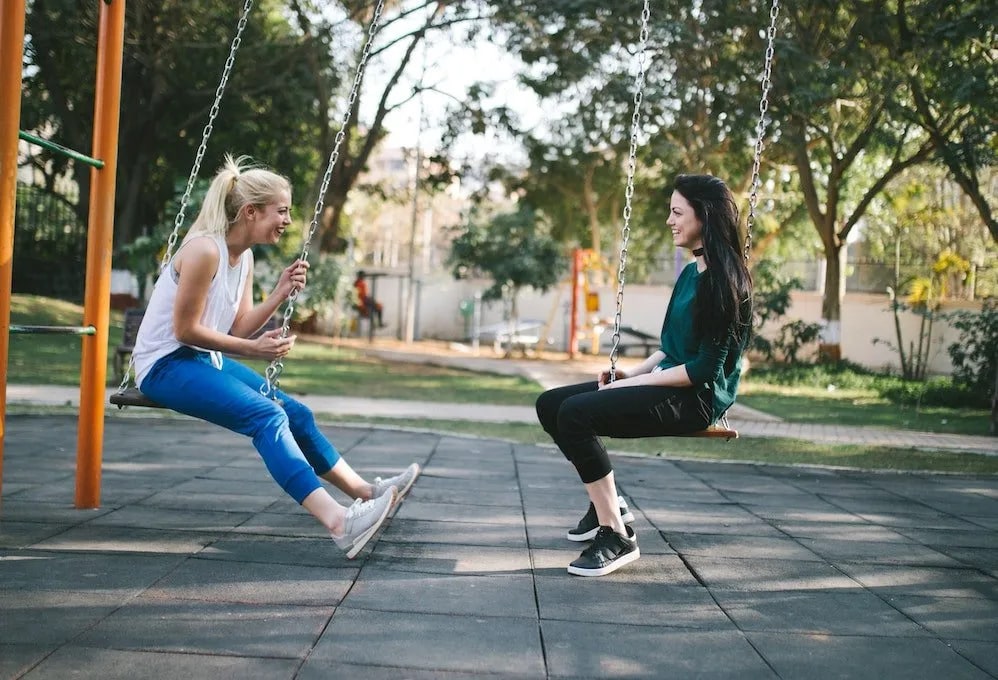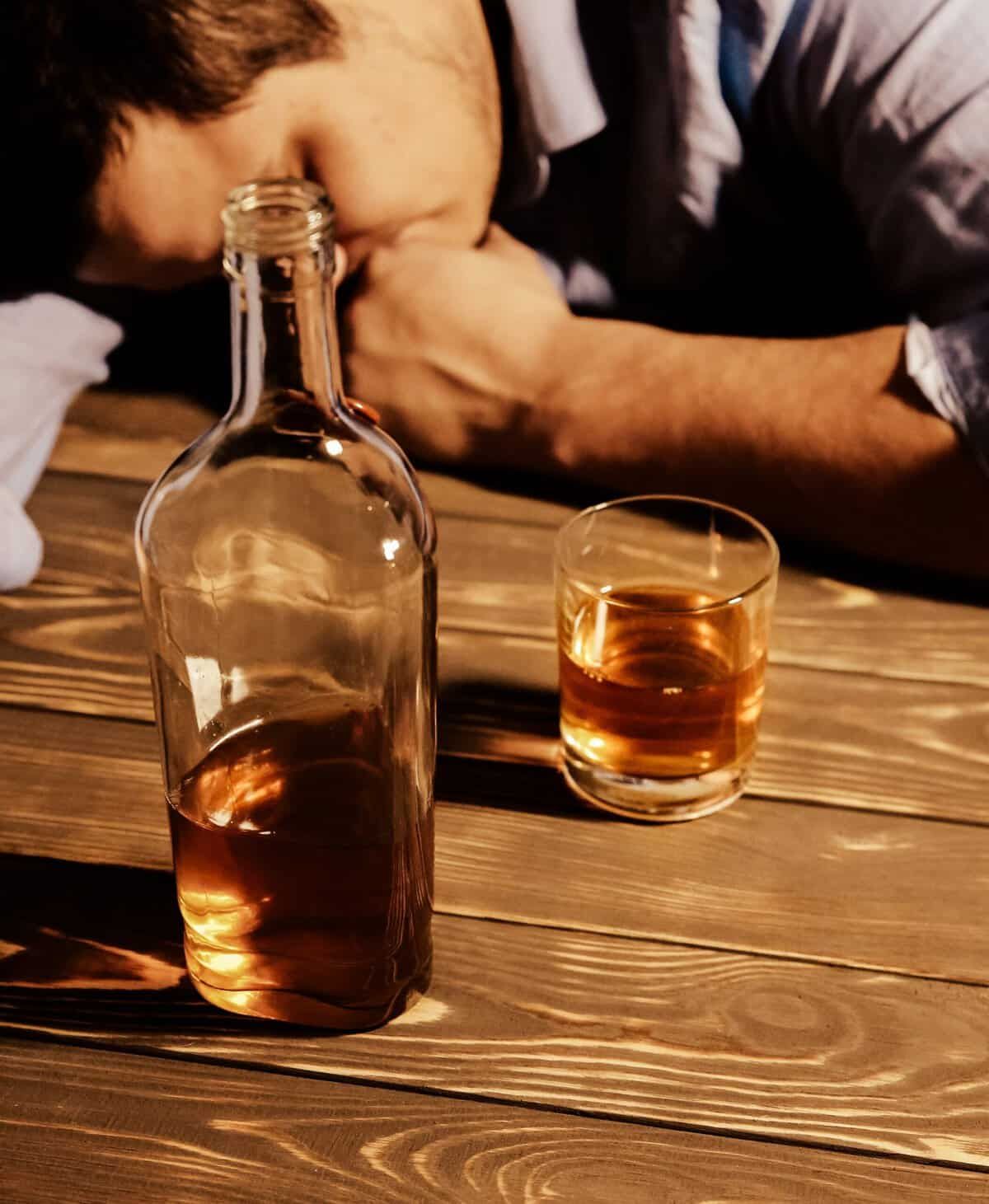What is Addiction & How is it Treated?
- Home
- What is Addiction & How is it Treated?
Addiction is a chronic, progressive, and relapsing medical condition characterized by compulsive substance use despite personal consequences. While addiction is treatable, it can never be entirely cured. Because addiction affects people in a variety of ways, addiction treatment is not a one-size-fits-all process. The treatment options that work for one person might not be as effective for another. For this reason, developing personalized addiction treatment plans is always necessary.
At Empowered Recovery Center we believe in individualized care. We have developed an addiction treatment program that caters to the unique clinical needs of each client. Our Atlanta, Georgia drug and alcohol treatment center combines evidence-based therapies with holistic modalities. Our whole-person approach to recovery is highly effective. Contact us to learn more about addiction treatment in Atlanta, GA, or to begin your personal recovery journey.
Contents of this page
What Is Addiction?
The American Society of Addiction Medicine (ASAM) defines addiction as, “A treatable, chronic medical disease involving complex interactions among brain circuits, genetics, the environment, and an individual’s life experiences. People with addiction use substances or engage in behaviors that become compulsive and often continue despite harmful consequences.”
There are several contributing factors that make a person more susceptible to the development of addiction. However, even people with no apparent risk factors can develop a physical and psychological dependence on chemical substances over time. The most common risk factors for the development of addiction include:
- Genetic Predisposition — People with addiction in their immediate family are more likely to develop a substance use disorder themselves.
- Underlying Mental Health Concerns — Many individuals with an undiagnosed or untreated mental illness turn to drugs or alcohol as a means of self-medication.
- High-Stress Environments — People who live in stressful environments or who have high-stress careers are more likely to misuse chemical substances.
- The Age of Initial Substance Use — If a person first uses drugs or alcohol at an early age, they are more likely to develop a substance use disorder later on in life.
- Unresolved Trauma or PTSD — People with unresolved trauma or post-traumatic stress disorder are more likely to use drugs and alcohol as a way to combat symptoms.

Contact us to find out how to start the rest of your life
Different Kinds of Addiction
There are several distinct types of addiction including alcohol addiction, drug addiction, and behavioral addiction. At Empowered Recovery Center we effectively treat addictive disorders of all kinds using a combination of evidence-based therapies, medications, and holistic approaches to recovery.
Alcohol Addiction
Alcohol addiction is a common and complex issue. Also known as alcohol use disorder (AUD), this medical condition is characterized by “an impaired ability to stop or control alcohol use despite adverse social, occupational, or health consequences.” AUD encompasses a variety of alcohol-related conditions, including alcohol abuse, alcoholism, and alcohol dependence. Alcohol addiction can be categorized as mild, moderate, or severe in nature.
No matter how severe an AUD seems, achieving long-term recovery is possible. The most effective treatment options for alcohol addiction include a combination of behavioral therapy, medication, and mutual support groups like Alcoholics Anonymous.

Symptoms of Alcohol Addiction
The most common symptoms of alcohol addiction include:
- The person consumes more alcohol than they intended for a longer period of time than intended.
- The person repeatedly attempts to cut back on alcohol consumption with limited success.
- The person engages in risk-taking behaviors while intoxicated.
- The person experiences personal consequences as a direct result of their drinking.
- The person has built up a physical tolerance for alcohol over time.
- The person experiences withdrawal symptoms when they stop using alcohol.
Drug Addiction
Drug addiction, a chronic and relapsing brain disease, is generally preceded by emotional issues and underlying mental health concerns. According to the 2021 National Survey on Drug Use and Health (NSDUH), “Among people aged 12 or older in 2021, 8.6 percent (or 24.0 million people) had at least one drug use disorder in the past year.” Unfortunately, only a very small percentage of these people have access to the professional treatment they need.
Drug addiction is characterized by the compulsive use of drugs despite personal consequences. People who suffer from drug addiction often attempt to quit on their own. Our drug addiction treatment in Atlanta, GA, helps those in recovery gain and maintain sobriety long-term.
There are four distinct categories of drugs, each classified by its major effects.
Stimulants
Stimulant drugs like cocaine or methamphetamine speed up the brain. They lead to increased energy levels, excitability, and a host of physical symptoms including increased heart rate and blood pressure. Sometimes, stimulant drugs lead to paranoia and psychosis. Stimulants can be very dangerous and lead to increased risk-taking behaviors which can result in accidental death.
Commonly used stimulant drugs include:
- Cocaine
- Methamphetamine
- Prescription stimulants like Adderall, Ritalin, and Concerta
Depressants
Depressant drugs (sedatives) slow down the central nervous system. They lead to feelings of relaxation and calm and produce paradoxical effects like anxiety and paranoia. Depressant drugs work by limiting messaging between the brain and the body. Taking too many sedative drugs leads to respiratory depression, which can result in seizures, coma, and even death.
Commonly used depressant drugs include:
- Benzodiazepines like Xanax, Valium, and Ativan
- CNS (central nervous system) depressants.
- Barbiturates
- Tranquilizers like ketamine
Opioids
Opioid narcotics include:
- Naturally derived opiates like heroin
- Prescription painkillers like oxycodone and hydrocodone
- Synthetic opioid painkillers, like fentanyl
Opioids are highly addictive and they are responsible for the majority of overdose-related deaths throughout the country.
Hallucinogens
Hallucinogenic drugs like psilocybin and LSD cause hallucinations, illusions, and distortions of reality. They often have unpredictable effects, sometimes causing psychiatric concerns that last for prolonged periods of time.
Commonly used hallucinogenic drugs include:
- Psilocybin (magic mushrooms)
- LSD (acid)
- Mescaline
- Marijuana (cannabis)
- Salvia
- Ecstasy
At Empowered Recovery Center we treat substance use disorders of all types and severities. However, because addiction affects everyone differently, individualized care is extremely important. We develop personalized treatment plans based on the unique clinical needs of each client.
Behavioral Addiction
Addiction does not always involve chemical substances. Some people develop behavioral addictions and become addicted to behaviors like gambling, shopping, or sex. These behaviors stimulate the reward center of the brain. This leads a person to repeat the behavior despite the knowledge of adverse consequences.
Behavioral addictions share many similarities with drug and alcohol addiction. Both tend to develop during adolescence and young adulthood, though they can develop later in life. Additionally, both can become chronic conditions characterized by patterns of relapse and recovery.
Addiction specialists treat behavioral addictions in a similar way to substance use disorders, utilizing a combination of therapies, support groups, and complementary modalities. Comprehensive care often leads to lasting behavioral changes and long-term recovery.
Treatment for Addiction at Empowered Recovery
At Empowered Recovery, we support our clients during their personal recovery journeys. We help clients develop the skills they need to reclaim their lives and maintain long-term recovery. Our holistic approach to healing takes the mind, body, and spirit into consideration during addiction treatment in Atlanta, GA.
There are a range of effective treatment methods in place to support addiction recovery. Our top-tier team of medical and clinical professionals delivers a highly effective and individualized treatment program, tailored to the unique needs of each client. Our program includes:
- Partial Hospitalization (PHP) — PHP takes place between 5 and 7 days a week for up to 8 hours each day. Clients are able to live at home and attend treatment during the day.
- Intensive Outpatient Treatment (IOP) — IOP is a step down from PHP as far as commitment, and offers a higher level of flexibility and personal freedom. In most cases, IOP sessions meet between 3 and 5 days a week for up to 6 hours each day.
- Outpatient Treatment (OP) — Outpatient treatment is the most flexible level of clinical care available. Clients engage in treatment while taking care of their outside responsibilities and obligations. During OP, clients integrate back into the community and work towards fully independent living.
Clients have access to a range of evidence-based therapies, including:
- Cognitive-Behavioral Therapy
- Dialectical Behavior Therapy
- Trauma-Focused Therapy
- Experiential Therapy
- Individual, Group, and Family Therapy
- Dual Diagnosis Treatment Options
Finding Addiction Treatment in Atlanta, GA
Throughout the treatment experience, we continue to adjust each treatment plan as our clients progress in their recovery. Our admissions process includes an in-depth assessment so we can gain deep insight into the unique clinical needs of each client. At Empowered Recovery Center we offer three different levels of care — partial hospitalization, intensive outpatient, and outpatient programming. Contact us today to determine which level of care is best for you.
If you are struggling with addiction, there is a way out. Contact us today to begin your life-changing journey to sobriety. Finding addiction treatment in Atlanta, Georgia is as easy as picking up the phone and asking for help.
Program Links
Take The First Step Towards Your Journey To Recovery
Check Your Insurance Benefits
Empowered Recovery Center is dedicated to providing addiction treatment services to the greater Atlanta area including Acworth, Alpharetta, Canton, Cartersville, Kennesaw, Marietta, Powder Springs, Sandy Springs, and more.
Resources
Connect With Us
-
Empowered Recovery Center
3651 Canton Road,
Marietta, GA 30066
